
The three girls who got the highest marks in the Aga Khan University Examination Board's Higher Secondary School Certificate exams believe that the purpose of education should not be to test how much a student can memorise but about learning and understanding their subject.
According to the results which were announced on Wednesday, Afshan Hussain of Habib Girls' School bagged the first position with 87.7%, Sadori Mushtaq Khwaja stood second with 87.5%. She now hopes to enroll at Aga Khan University Hospital to study medicine. The third position was secured by Sadaf Batool Rizvi with 86.4%. Khwaja and Rizvi are both studying at the Aga Khan Higher Secondary School.
According to Sadori Khwaja, a good education system also looks at how well a student has grasped concepts using a multitude of resources. "This is what made me opt for the AKU-EB instead of the public education board," she said while talking to The Express Tribune. Her father, Mushtaq Hussain, agreed with his daughter and said that the decision about his daughter's education was made on the fact that the Aga Khan board discouraged the cheating culture prevalent in the education system.
First position-holder Afshan Hussain, was previously a scholar at the Kennedy-Lugar Youth Exchange and Study (YES) programme, funded by the United States' department of state.
"I realised that the education system in the US challenges our thinking in a similar way as the AKU-EB does through its syllabi, so I didn't have any problems in my studies," she said. "Here at the AKU-EB, the prime focus remains on understanding concepts, use of technology, research, and interactive presentations that all boost our self-confidence and reasoning skills."
Dean's list
The students' overall pass percentage in the HSSC-Part II examination was 91.6% with 12.4% of the candidates scoring an 'A-1' grade, followed by 33% of the students who scored 'A' grades. Meanwhile, 90.8% of the students who sat the HSSC Part-I exam got through with around 40% of them obtaining grade 'A' or above.
Thomas Christie, the private exam board's director, told The Express Tribune that the AKU-EB's exam system appears very much like the national system, where students are awarded SSC and HSSC qualifications, but the board examines students in a very different way.
"We try to find out how well the children think and for that we give them a very limited amount of space in which they have to answer their questions," he said. "We give our students almost similar amount of exam time, but they are not writing all the time. They sit in the exam, thinking analytically about what should be the most appropriate response."
Karima Kara, the AKU-EB associate director, appeared satisfied with the overall performance of the candidates. "Apart from the students, we congratulate the teachers and affiliated schools, too, for their efforts in preparing students for our examinations, which test their thinking and reasoning abilities rather than memories," said Kara.
The AKU-EB's exam system led students to success in university entrance tests, and later in higher studies, she added while talking about the competitiveness of AKU-EB candidates increasingly recognised by the universities across Pakistan and abroad.
Published in The Express Tribune, July 17th, 2014.
1736491528-0/Untitled-design-(18)1736491528-0-405x300.webp)

1736490799-0/Untitled-design-(17)1736490799-0-165x106.webp)


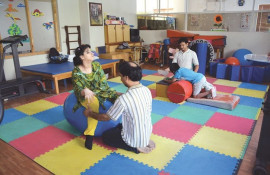
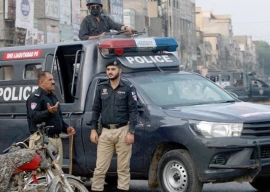
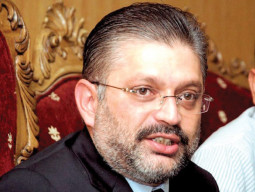

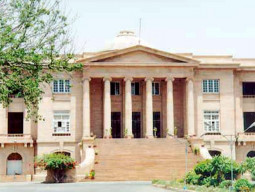


1736332856-0/Untitled-design-(20)1736332856-0-270x192.webp)



1736334465-0/sidra--(45)1736334465-0-270x192.webp)





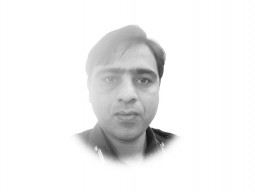
COMMENTS (1)
Comments are moderated and generally will be posted if they are on-topic and not abusive.
For more information, please see our Comments FAQ